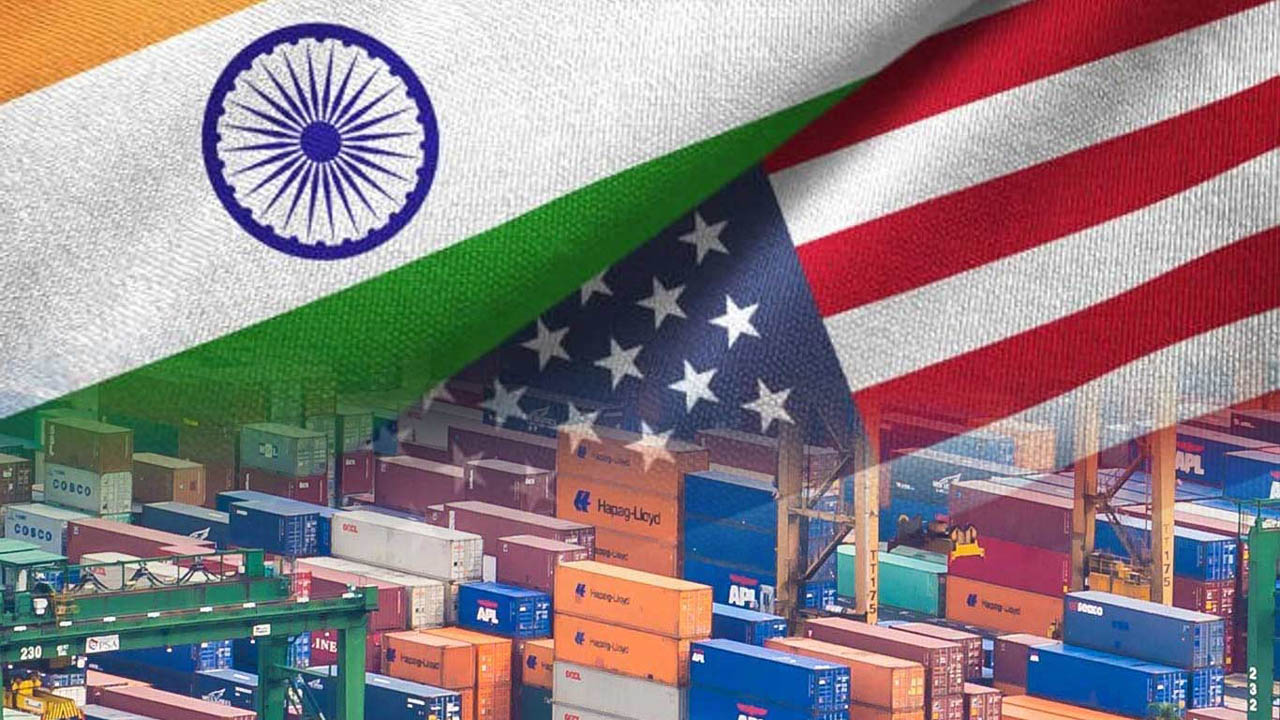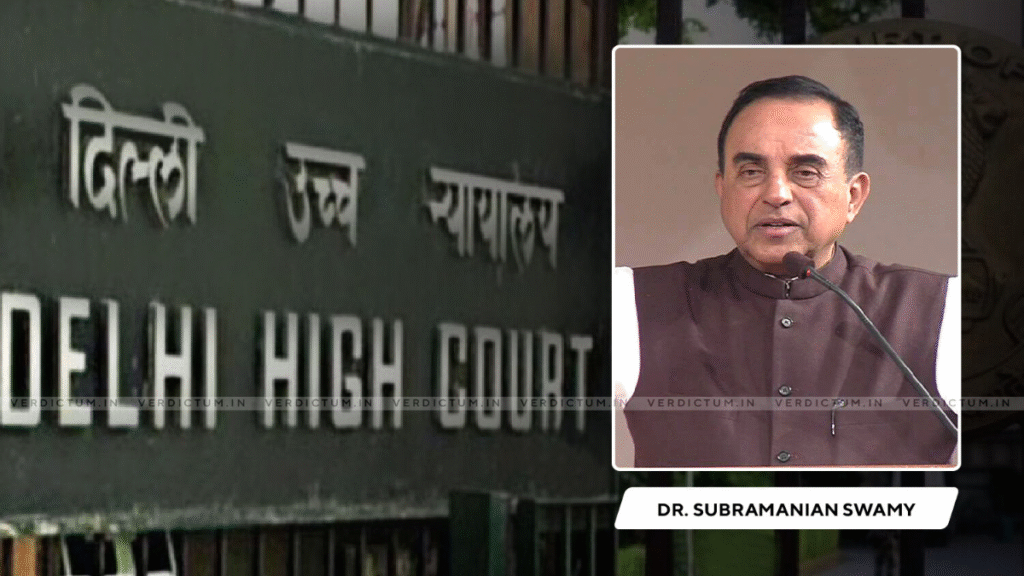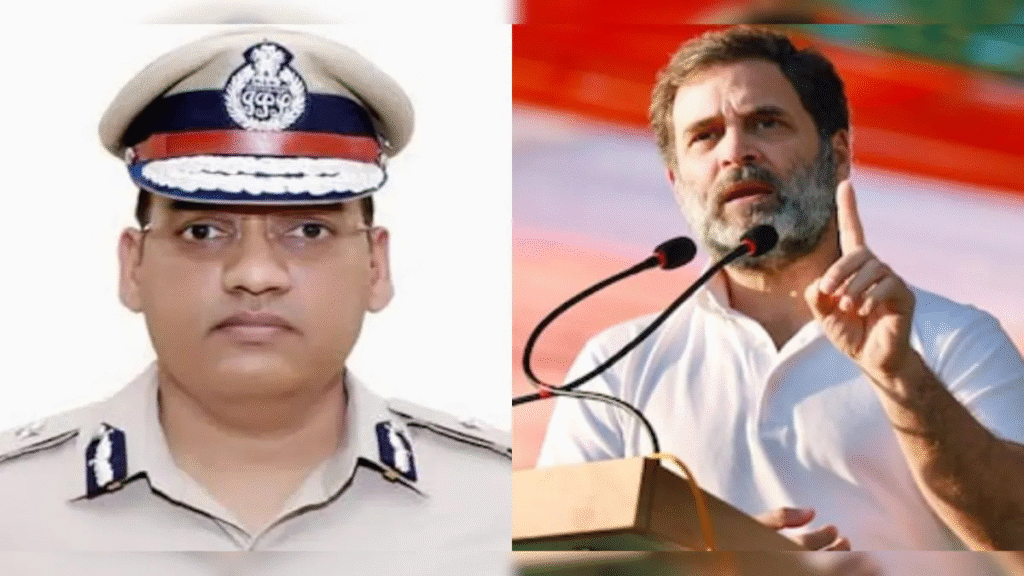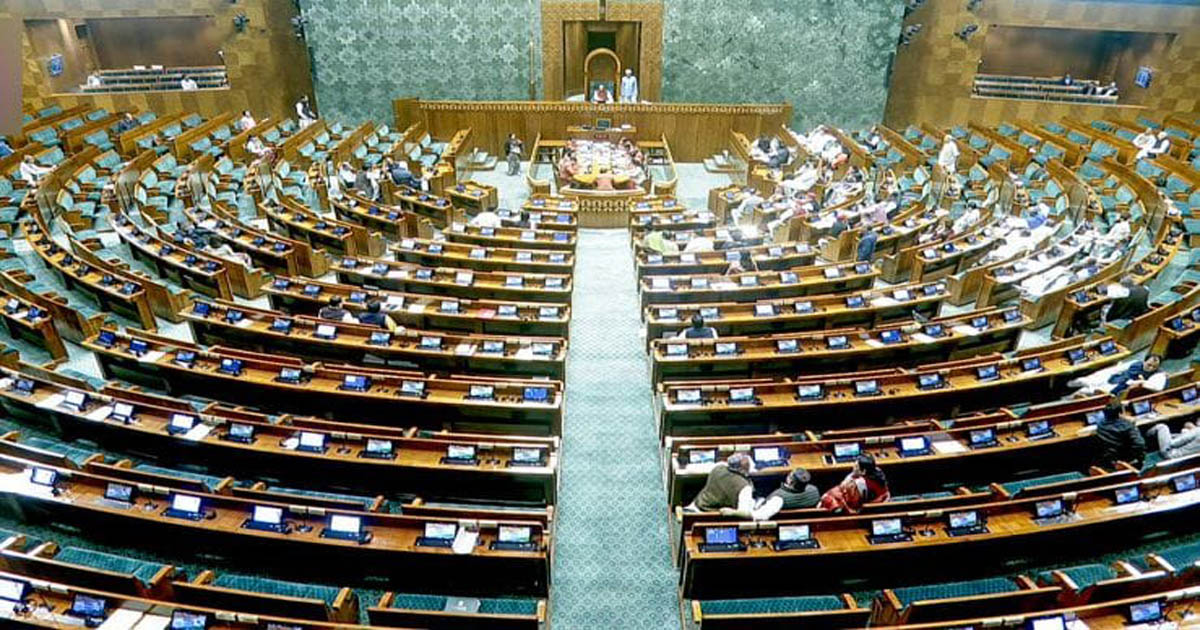Now Reading: Reciprocal Tariffs and India’s Economic Vulnerability: Parliament Debates Amidst Global Trade Tensions
-
01
Reciprocal Tariffs and India’s Economic Vulnerability: Parliament Debates Amidst Global Trade Tensions
Reciprocal Tariffs and India’s Economic Vulnerability: Parliament Debates Amidst Global Trade Tensions

New Delhi, – The spectre of reciprocal tariffs, a tool increasingly wielded in the global trade arena, has ignited a fervent debate in the Lok Sabha, with Congress leader Rahul Gandhi raising serious concerns about its potential devastating impact on the Indian economy. His pointed questions to the government highlighted the nation’s vulnerability amidst escalating international trade tensions and the need for a robust strategic response.
Gandhi, during the parliamentary session, underscored the threat posed by reciprocal tariffs, wherein countries impose retaliatory duties on each other’s goods, often leading to a spiral of protectionism. He argued that India, with its significant export-oriented sectors, particularly agriculture, textiles, and manufacturing, stands to lose heavily in such a scenario.
“The global trade landscape is becoming increasingly volatile,” Gandhi stated. “Reciprocal tariffs, if implemented by major economies, will severely disrupt our export markets, impacting millions of farmers, workers, and small businesses. What specific measures is the government taking to mitigate this impending crisis?”
His concerns stem from the growing trend of nations resorting to protectionist measures to safeguard their domestic industries. The recent trade disputes between major economies, including the United States and China, have demonstrated the rapid escalation that can occur when reciprocal tariffs are employed.
Impact on Key Sectors:
Gandhi highlighted the potential ramifications for key sectors:
- Agriculture: India’s agricultural exports, including rice, spices, and fruits, are crucial for rural livelihoods. Reciprocal tariffs could lead to significant price drops and reduced market access, hurting farmers.
- Textiles: The textile industry, a major employer, particularly of women, relies heavily on exports. Increased tariffs could render Indian textiles uncompetitive in international markets.
- Manufacturing: Sectors like automotive components, pharmaceuticals, and engineering goods could face significant setbacks, impacting production and employment.
Government’s Response and Countermeasures:
In response to Gandhi’s queries, the government, represented by the Minister of Commerce and Industry, acknowledged the potential challenges posed by reciprocal tariffs. However, they emphasized that the government is actively monitoring the global trade situation and taking proactive steps to safeguard Indian interests.
The minister outlined several key strategies:
- Diversification of Export Markets: The government is actively pursuing trade agreements with new partners and strengthening existing relationships to reduce dependence on specific markets. This includes focusing on emerging economies in Africa, Latin America, and Southeast Asia.
- Enhancing Competitiveness: Measures are being taken to improve the competitiveness of Indian industries through infrastructure development, skill enhancement, and reducing logistical bottlenecks.
- Strategic Engagement at International Forums: India is actively engaging with international organizations like the World Trade Organization (WTO) to advocate for fair trade practices and resist protectionist measures.
- Promotion of Domestic Manufacturing: The “Make in India” initiative is aimed at boosting domestic production and reducing reliance on imports, thereby strengthening India’s resilience against external shocks.
- Providing Support to Affected Sectors: The government has pledged to provide necessary support to sectors that may be affected by reciprocal tariffs, including financial assistance, export promotion schemes, and market access initiatives.
- Carefull monitoring of trade patterns: The government has established a system to carefully monitor trade patterns and identify potential threats early on.
Experts’ Perspectives:
Economists and trade analysts have weighed in on the issue, highlighting the complexities of navigating the current global trade landscape. Some experts have advocated for a more assertive stance in trade negotiations, while others have emphasized the need for a balanced approach that promotes both domestic growth and international cooperation.
“Reciprocal tariffs are a double-edged sword,” said [Economist Name], a leading trade expert. “While they can be used to protect domestic industries, they can also lead to retaliatory measures that harm exports. India needs to adopt a nuanced strategy that balances its economic interests with its international obligations.”
The Road Ahead:
The debate in the Lok Sabha has underscored the urgency of addressing the potential threat of reciprocal tariffs. The government’s response indicates a commitment to mitigating the risks, but the effectiveness of its strategies will depend on the evolving global trade scenario.
The coming months will be crucial for India as it navigates the challenges of a rapidly changing global economy. The government’s ability to diversify export markets, enhance competitiveness, and engage strategically at international forums will be critical in safeguarding the nation’s economic interests. The ongoing discussions in parliament highlight the importance of continuous dialogue and collaboration to ensure India’s economic resilience in the face of global trade tensions.










